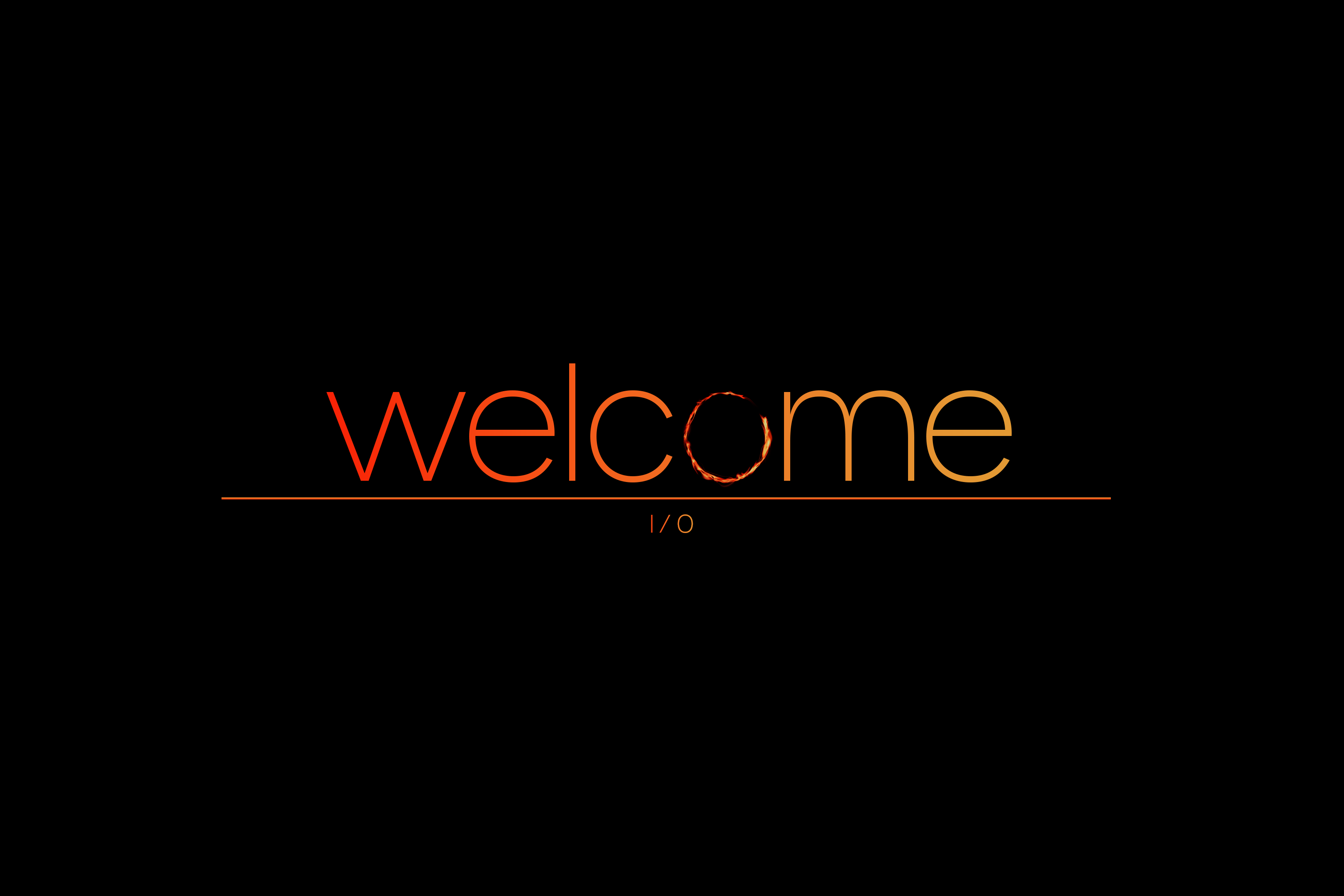Introduction
For many creative professionals, the quest for perfection is a beacon that lights up their artistic journey, inspiring them to reach new heights and refine their craft to the utmost degree. This drive to excel is commendable, reflecting a deep-seated passion and commitment to their chosen field. However, perfectionism, with its exacting standards, can sometimes veer into a realm where it becomes more of a constraint than a motivator.
It’s in this space that creatives might find themselves stalled by over-analysis, plagued by self-doubt, or missing out on opportunities to showcase their talents for fear of not being “good enough.” This duality — the allure of impeccable results versus the potential pitfalls of excessive self-critique — underscores the complexity of the issue. Recognising the nuanced challenges posed by perfectionism, this guide offers a detailed list of strategies tailored to help creative professionals navigate its intricacies, manage its impact, and, most importantly, nurture and unleash their inherent creativity.
It is not the mountain we conquer but ourselves.
— Sir Edmund Hillary
It is not the mountain we conquer but ourselves.
— Sir Edmund Hillary
Set Realistic Goals
- Aim for growth, not perfection: Instead of striving for an often unattainable ideal, prioritise constant growth. Evolution and progress in your work are tangible and rewarding markers of success.
- View errors as opportunities: In the journey of creation, mistakes are inevitable. Instead of seeing them as failures, consider them invaluable lessons, paving the way for better insights and techniques.
When we constantly chase the mirage of perfection, we often lose sight of the substantial growth we’re achieving along the way. By setting realistic goals, we not only set ourselves up for attainable success but also create an environment where mistakes become steppingstones, not stumbling blocks.
Limit Task Review
- Set boundaries: Over-analysis can lead to stagnation. By designating specific times for reviewing your work, you prevent obsessive revisions and promote productivity.
- Gain fresh perspectives: Breaks are essential. Distancing yourself from a project, even briefly, can bring clarity, helping you see nuances and areas for refinement more clearly.
Endlessly revisiting work can trap us in a loop of over-analysis, causing us to miss the bigger picture. By setting boundaries for review, we allow our creativity to breathe and find space for innovative ideas to emerge. This discipline ensures a balance between refinement and progression.
Celebrate Small Wins
- Cherish minor milestones: Every achievement, no matter its size, is a testament to your dedication. Celebrating them fosters a positive mindset and propels you forward.
- Maintain momentum: Regularly acknowledging your progress acts as a consistent motivator, helping you maintain enthusiasm and drive for your craft.
The journey of creation is punctuated by numerous milestones, each deserving recognition. By celebrating these moments, we build a reservoir of confidence and motivation. These small affirmations remind us that every step, no matter how modest, is propelling us forward on our artistic journey.
Seek Feedback
- Expand your lens: A singular perspective can be limiting. Colleagues, mentors, or even objective third parties can offer fresh insights, revealing aspects of your work you might not have considered.
- Stay open to constructive criticism: While it’s essential to guard against undue negativity, genuine constructive feedback is a treasure trove of pointers for refining your work.
While the creative process is deeply personal, an external perspective can offer fresh insights that can elevate our work. By actively seeking feedback, we invite growth, collaboration, and new ways of seeing. This process not only refines our work but also expands our understanding of it.
Mindful Reflection
- Practice mindfulness techniques: Techniques such as meditation or deep breathing root you in the current moment, letting you appreciate the journey and reducing anxiety stemming from perfectionist tendencies.
- Develop a healthy relationship with your thoughts: Recognising and navigating your emotions and thought patterns positively can lead to a more balanced, productive creative process.
In the bustling quest for perfection, it’s easy to lose touch with the present moment. Engaging in mindful practices anchors us, allowing clarity and calm to permeate our creative process. This connection to the present moment can enhance the depth and authenticity of our work.
Embrace the Process
- Prioritise the journey over the destination: While end goals are essential, the learning, growth, and experiences during the creative process are invaluable. Revel in them.
- Find joy in the act of creating: Cultivating a love for the act itself, rather than just the outcome, can reduce self-imposed pressures and amplify the joy of your artistic journey.
The allure of a finished masterpiece can sometimes overshadow the beauty of creation itself. By valuing the journey as much as the destination, we immerse ourselves in the joy of crafting, innovating, and expressing. This holistic appreciation often leads to more genuine and resonant outcomes.
Establish a Support System
- Surround yourself with positive influences: Engaging with a supportive community can provide both solace and guidance. They can offer reassurance during moments of doubt and celebrate your achievements with you.
- Avoid comparison: Each artist has their own rhythm, style, and journey. By focusing on your own unique path, you eliminate unnecessary pressures and boost your self-worth.
No artistic journey is undertaken in isolation. Surrounding ourselves with supportive peers and mentors ensures we have a safety net during challenging times. This network not only provides feedback but also reinforces the idea that every artist’s path is unique, rich, and worth celebrating.
Practice Self-compassion
- Be kind to yourself: Creative endeavours come with their highs and lows. During challenging times, offer yourself understanding and patience, recognising that the journey isn’t always linear.
- Remember, you’re more than your work: Your identity extends beyond your creations. Valuing yourself holistically ensures a healthy self-esteem, irrespective of external feedback on any single project.
The relationship we have with ourselves often mirrors the relationship we have with our work. By practicing self-compassion, we create an environment of kindness and understanding. This nurturing approach ensures that we value ourselves as much as the art we produce, leading to a healthier, more fulfilling creative life.
Seek Professional Help
- Recognise when it’s time: If your perfectionist tendencies start affecting your well-being, productivity, or daily life significantly, it might be time to consider seeking professional help.
- Therapy can be transformative: A trained therapist can offer strategies tailored to your specific needs. Cognitive-behavioural therapy, for instance, can help identify and change negative thought patterns related to perfectionism. Engaging in therapy doesn’t mean you’re weak; it’s a proactive step towards understanding and mastering your emotions and behaviours.
- Group workshops and seminars: Sometimes, the shared experience of others can offer insights and coping strategies you hadn’t considered. Workshops specifically designed to address perfectionism in the creative realm can be particularly beneficial.
With the right tools and understanding, creative professionals can harness the positive aspects of their perfectionist tendencies while mitigating the potential drawbacks. Seeking professional assistance, when required, is a testament to one’s commitment to their mental well-being and the pursuit of a fulfilling creative journey.
Strive for excellence, not perfection.
— H. Jackson Brown Jr
Strive for excellence, not perfection.
— H. Jackson Brown Jr
Dealing with perfectionism is a nuanced challenge, especially for creative professionals. However, by adopting these strategies, you can navigate its intricacies, ensuring that it becomes a tool for enhancement rather than a barrier. Ultimately, the goal is to relish the journey of creation, allowing yourself to flourish and share your unique voice with the world confidently.


